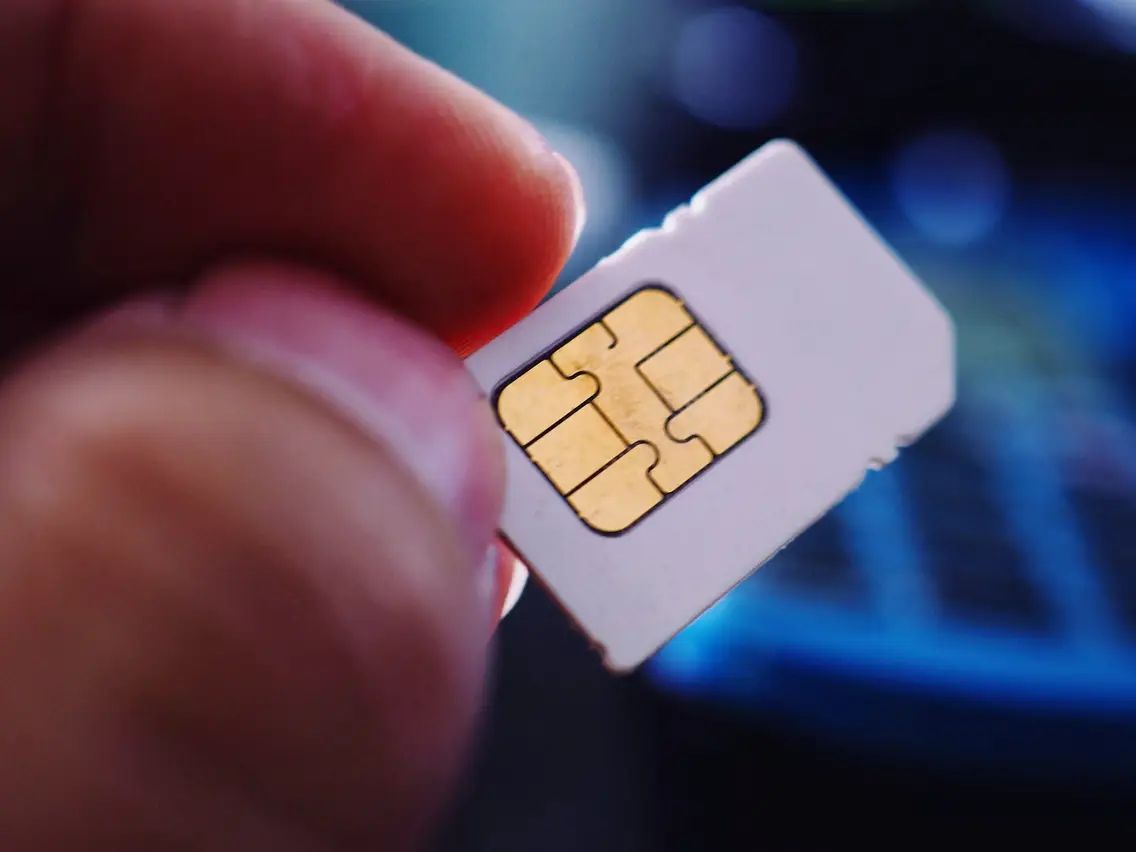In a significant move to combat the misuse of telecommunications resources, the Pakistan Telecommunication Authority (PTA) has recently executed a substantial operation resulting in the blocking of approximately 69,000 SIM cards. This action comes as part of a broader effort to address issues related to SIM cards issued through canceled or fraudulent identity cards.
The operation was conducted following the expiration of a key deadline on August 16, which had been set to address and rectify the status of such problematic SIM cards. As per PTA regulations, users who find their SIM cards blocked will need to first secure a new identity card from the National Database and Registration Authority (NADRA). This step is crucial for the restoration of their blocked SIM cards, which can then be reactivated through biometric verification at designated mobile operator outlets or franchise centers.
In addition to addressing SIM card issues, the PTA has also initiated a comprehensive cybersecurity audit of the nation’s telecom operators. This audit is being carried out by internationally recognized firms specializing in cybersecurity. The PTA’s review will focus on various technical aspects, including the adherence of telecom companies to the PTA’s established cybersecurity framework.
The framework’s implementation will be scrutinized to ensure that critical cybersecurity measures, such as the deployment of firewalls, are in place. Furthermore, the audit will assess the security clearance processes for telecom operators’ staff and evaluate whether there have been any breaches involving user data. The overarching goal is to enhance the security posture of telecom operators and safeguard user information from potential threats.
In a related development, the Ministry of Information Technology has provided detailed information on the virtual private networks (VPNs) registered with the PTA, presented to the parliament. According to the latest data, there are 20,500 VPNs registered across 1,422 companies in Pakistan. The breakdown of these registrations reveals that 1,286 VPNs are registered under various freelance licenses, while 417 VPNs are associated with the Pakistan Software Houses Association (PASHA). Additionally, 180 VPNs are linked to freelance licenses, and the remaining 19,840 VPNs are distributed among the 1,286 companies.
The PTA’s efforts in regulating and securing telecommunications infrastructure underscore its commitment to maintaining robust cybersecurity standards and ensuring the integrity of communications within the country. These measures reflect a proactive approach to addressing emerging challenges in the digital landscape, enhancing both security and compliance across the telecommunications sector.


Leave a Comment